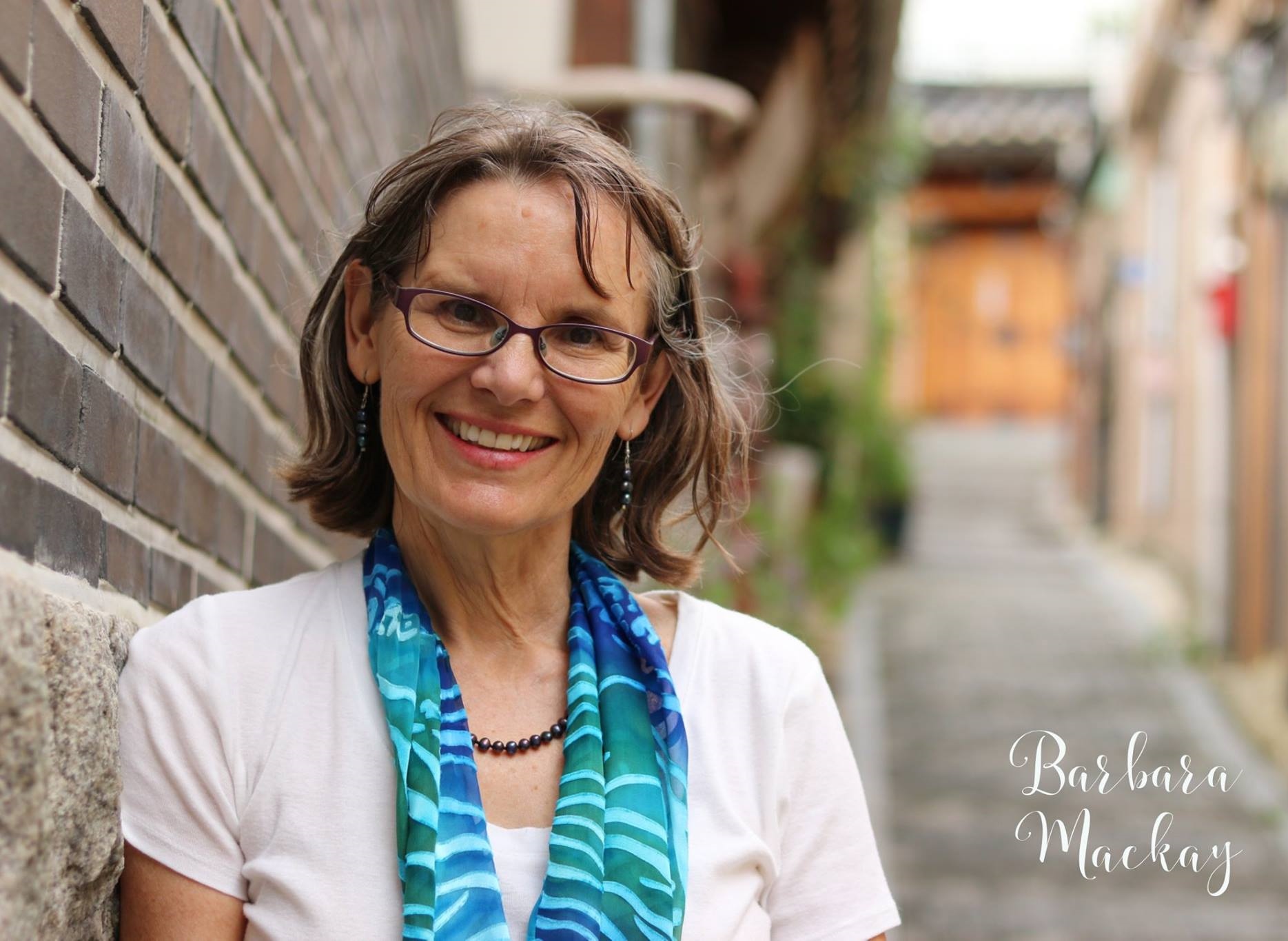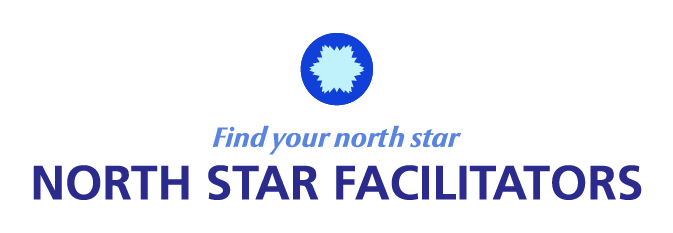The Gift of Being a Facilitator Entrepreneur

 Join me for a casual interview with emerging facilitator and entrepreneur, Malia Josephine, from Portland, Oregon. We divided the interview into three parts. In part A, Malia introduces her new business aimed at helping facilitators and clients find each other. She also asks me as a facilitator entrepreneur the following types of questions.
Join me for a casual interview with emerging facilitator and entrepreneur, Malia Josephine, from Portland, Oregon. We divided the interview into three parts. In part A, Malia introduces her new business aimed at helping facilitators and clients find each other. She also asks me as a facilitator entrepreneur the following types of questions.
- What services do you offer and how did you come to decide which ones to offer?
- How have you found jobs and clients?
- How do you price your services?
- What are some beset practices for facilitators and entrepreneurs?
We’ve kept this part as short as we could and then added in more “juicy” details in Part C.
In Part B, Malia tells us more about how and why the platform she created works for facilitators and clients. And I test with her, a few examples of business coming my way that I could refer to her in the future and how that might work.
In part C, Malia digs deeper by asking me to talk about co-facilitation and how established facilitators might gain from working with emerging facilitators. I also talk about my own journey of becoming a facilitator entrepreneur, why it appealed to me and what the benefits have been for me versus an in-house (salaried) facilitator. We talk about the power of a social media presence to draw clients to you. I share more explicitly why those who are coaches/mentors and trainers need to pay attention to a fundamental difference between process facilitation and complimentary services that many facilitators offer. Finally, we share some of our favourite resources, best practices and recommendations for moving forward as facilitators.
Note in Part A, we thought we might have time to come back to key words to use in Social Media to help search engines find you. We did not do that, so here are a few that we have used commonly: facilitation; facilitator; strategic planning; systems thinking; facilitator-mentor; facilitation certification; meeting guide; meeting facilitator; conflict resolution; team-building; visual facilitation; meeting guidelines; effective meetings; group thinking; agenda design; facilitator competencies; equitable meetings; difficult behaviours; dominant participants; dialogue; participation; facilitator tools; facilitator techniques, etc.
Resources
We refer to several organizations and sources in our interview. Here are some of them:
Join Malia’s newsletter: www.facilitationjobs.com
Related blogs:
Uncovering Opportunities – A Facilitator’s Early Response to a Global Shutdown
3 Key Areas to Dramatically Improve Your Facilitation Practice
The Facilitator: Sage on the Stage or Guide on the Side
Facilitator Marketing 101: Demystifying Blogging and YouTube
My latest cool finds on Indigenous and Western perspectives on Climate Change action (Thanks again to Stacy Williams for several of these):
The Effects of Climate Change on Gender Based Violence and Indigenous Communities
Registration (gotowebinar.com) (April 6, 2022 2-3:30 CT)
Indigenous Climate Change Solutions: https://issuu.com/culturalsurvival/docs/csq-sp22-461-_19_1_
And quoted at end of this article:
Canadian West Coast podcast: Future Ecologies (this links to one recent episode but check out others)

